Ever wondered what happens to the leftover coffee grind after Barista makes the coffee? Well, to much surprise, it seems to go to the landfills. At TechChill 2022, Victor Krishyanson, CEO & Co-Founder of Koffeco, tells Remco Janssen, Founder and Publisher of Silicon Canals, that each year, 30,000 kilos of coffee waste are generated.
These coffee waste are generated at the cafeterias, gas stations, and other places, and end up directly at the landfills. These coffee waste then lead to emission in the form of CO2 and methane. In fact, Krishyanson points out that coffee waste releases 80 times more methane than CO2.
An assessment from the United Nations Environment Programme (UNEP) and the Climate and Clean Air Coalition revealed last year that cutting methane emissions would be key in the battle against climate change. Methane is the primary contributor to the formation of ground-level ozone, a hazardous air pollutant and greenhouse gas. This exposure, according to the report, causes 1 million premature deaths each year, thus making methane a powerful greenhouse gas.
While agriculture is the predominant source, livestock emissions account for roughly 32 per cent of human-caused methane emissions. With Koffeco, Krishyanson wants to limit this greenhouse gas emission by creating sustainable and eco-friendly products from spent coffee grounds.
Recycling and Upcycling Coffee Waste
At the stage, Krishyanson explains that coffee waste is a great resource from which oils can be extracted and can be used in the polymer industry. At the surface, the coffee waste seems like a small problem impacting climate change but as evident from the latest impact report, even a tiny step in curbing emissions could lead to a drastic change in warming of our planet.
The idea of recycling and upcycling coffee waste is probably the best place to start and Krishyanson says it is one of the ways that coffee lovers can make an impact in our society. He doesn’t subscribe to the idea of giving up on drinking coffee but says, a small yet meaningful action like seeing whether your local coffee shop is recycling coffee waste could make the difference.
What can you do with coffee waste? Well, Koffeco says it can be used in the biopolymer industry. The solution, according to this Latvia-based startup focussing on sustainability, the first step is to collect coffee waste from coffee-consuming premises. The second step is to recycle coffee waste into reusable material.
Koffeco is working to produce eco-friendly and sustainable consumer products. Krishyanson adds that some of the first products they made from coffee waste are combustible products like coffee briquettes. Well, coffee briquettes are essentially a replacement for wood briquettes, used for stove or fireplaces to generate heat. They are a less sustainable alternative to wood and also saves trees in the process.
Partnership with Circle K Latvia
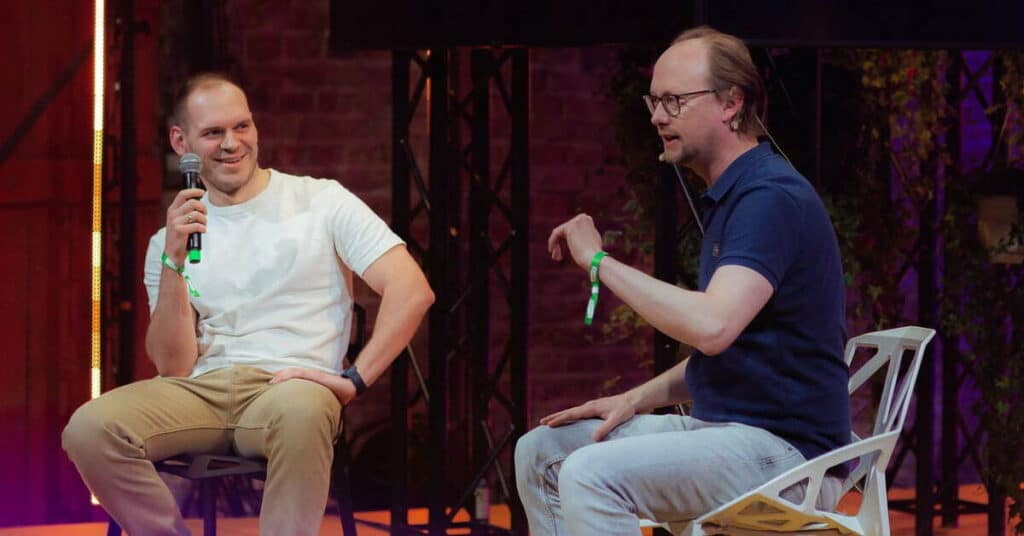
For Koffeco, the first real challenge is to partner with places where coffee waste is generated. Call it sheer luck or opportune moment, just when Koffeco began looking for ways to sell its coffee briquettes as a sustainable alternative to wood briquettes, Circle K was also looking for a partner to recycle coffee waste and reach its own sustainability goals in Latvia.
This timed meeting between Circle K and Koffeco led to both the companies forming a partnership. For lack of a better term, we will call it sustainable partnership. The resulting co-operation is one where the coffee waste generated at Circle K gas stations in Latvia are recycled by Koffeco to create sustainable products.
For the uninitiated, Circle K is a multinational company with convenience stores and gas stations across Europe. In Latvia alone, Circle K operates 86 outlets with the first gas station, called “Circle K Latvia”, being founded in 1993.
For any startup, the biggest hurdle is creating a minimum viable product. Once they make a minimum viable product, the even bigger challenge of marketing it and putting the product on storefronts begins. By forming a partnership with Circle K, Koffeco has passed both the hurdles by getting access to the product to be recycled and then selling the reusable material at the same avenue.
Sustainability cannot be an afterthought
In September last year, The Next Closet’s Lieke Pijpers told Silicon Canals that “sustainability should not be an afterthought” if the fashion industry aims to become circular. At TechChill 2022, Krishyanson mimics the same sentiment but says that each industry should prioritise sustainability based on their individual CSR goals.
There are many ways to become sustainable in this world and Krishyanson says Circle K has taken the approach of not wasting what can be recycled and turned into a reusable material. He also adds that with Circle K, Koffeco is also solving the problem of coffee grind becoming mouldy and thus beginning to emit methane at the premise itself.
He says that they are working with Circle K to use some cold storage rooms to store coffee and are also injecting ethanol as a disinfectant when required. When Janssen questions the impact of using cold storage rooms on the environment, Krishyanson says Koffeco believes in using “what’s already out there [cold rooms] and not building dedicated facilities to fix a known problem.”
Koffeco: from startup to scaleup
Koffeco is a sustainable tech startup from Latvia comprising a group of entrepreneurs and engineers. The startup aims to reduce greenhouse emissions and carbon footprint of the coffee waste in Europe. With 2.25 billion cups of coffee consumed worldwide every day and 560,000 tons of waste generated each year, the startup says the result is 340 cubic metre of methane released into the environment for each tonne of coffee waste.
On its website, Koffeco says methane emission causes 84 times more harm than CO2 emission. In order to circumvent this situation, it is recycling coffee waste into reusable material such as logs, charcoal, tableware, and oils. It has a lab at Riga Technical University, where it is building its products from coffee waste.
Koffeco is a startup thriving on grants from the Investment and Development Agency of Latvia (LIAA). Krishyanson says the startup has received a grant of around €70,000 from LIAA and is also part of Estonia-based Beamline accelerator.
With a proven ability to procure coffee waste and recycle it into reusable products, Koffeco is looking to transition from startup to a scaleup. It is looking to raise around €450,000 in pre-seed round as it sets off on an ambitious path to collect coffee waste from Latvia first and Europe soon and eliminate methane emissions from these waste as Europeans continue to enjoy their coffee in a sustainable way.



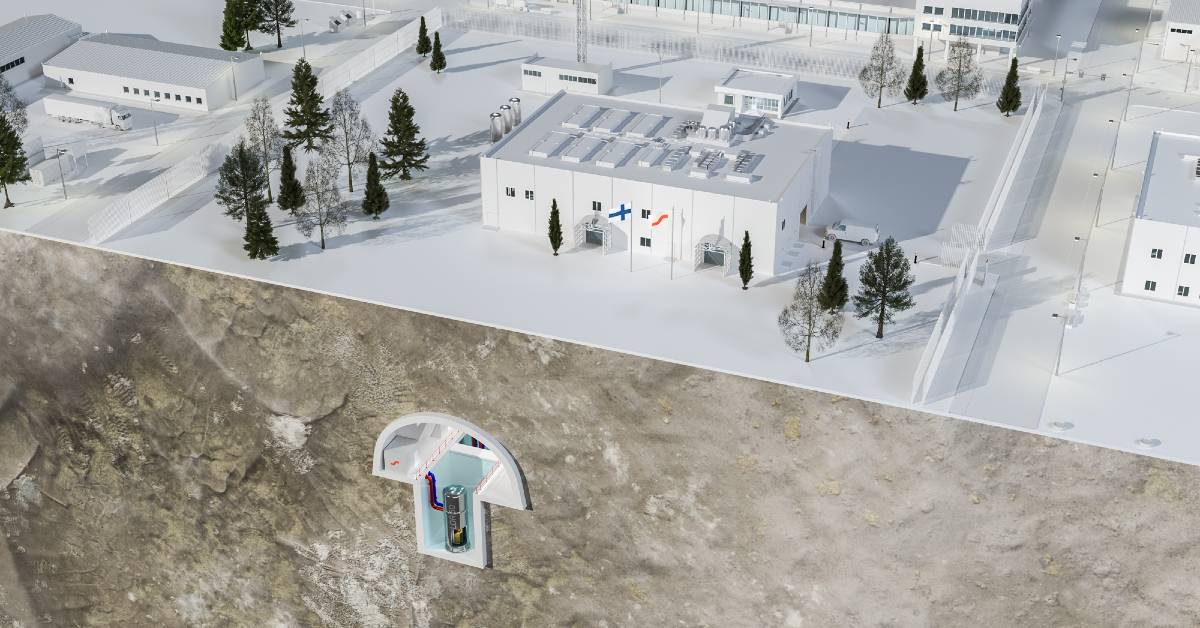
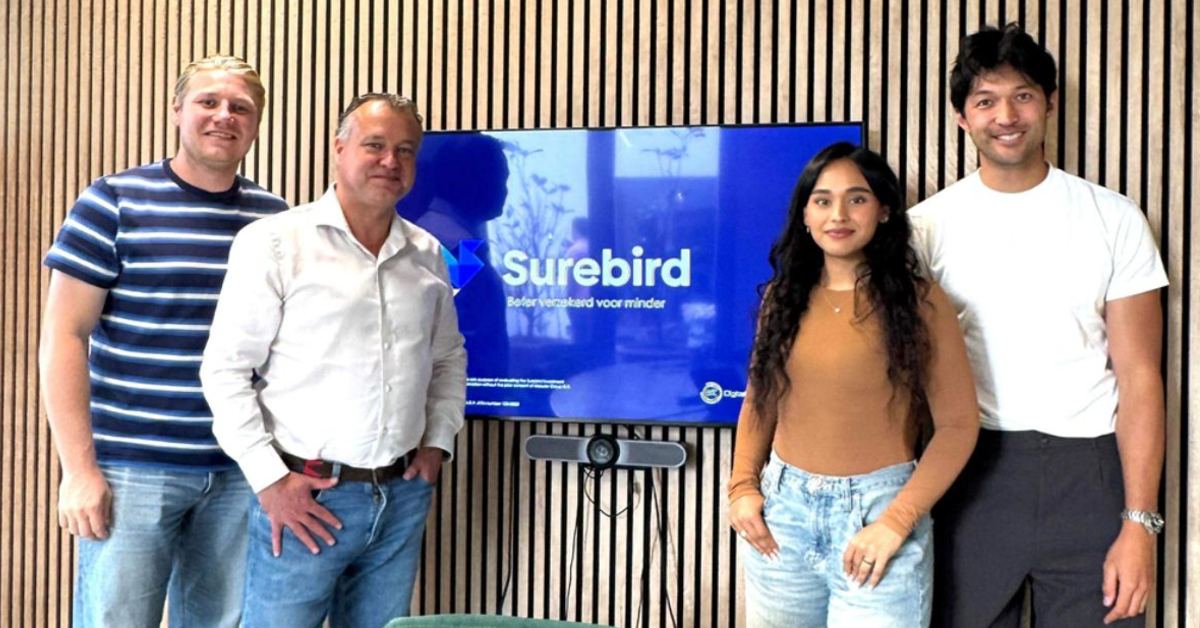
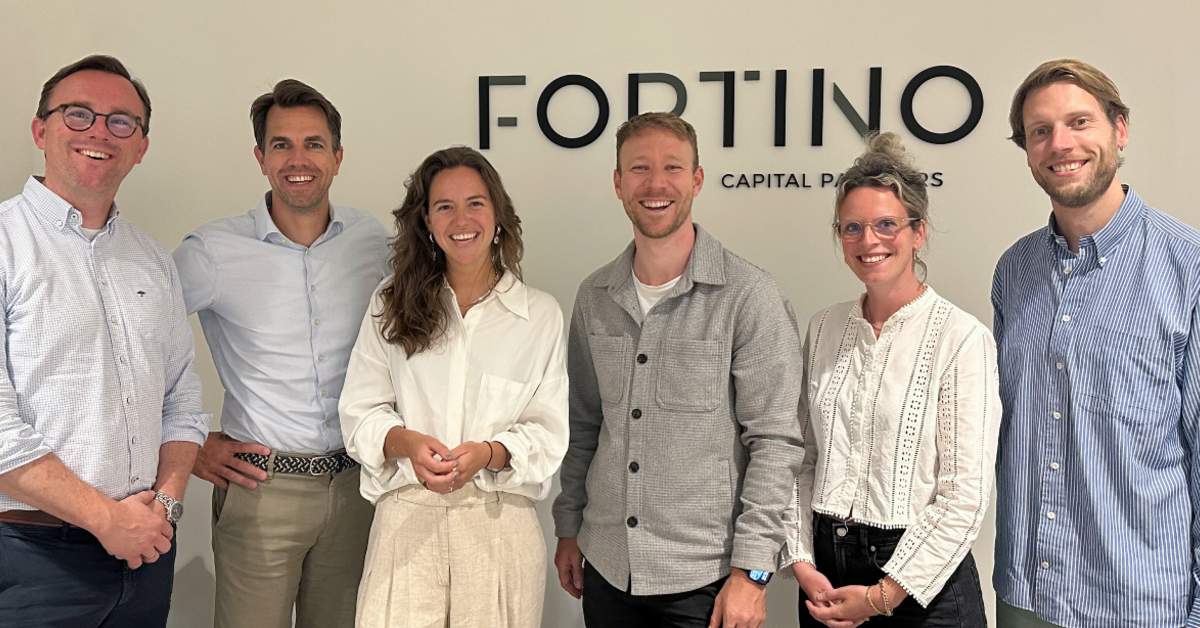
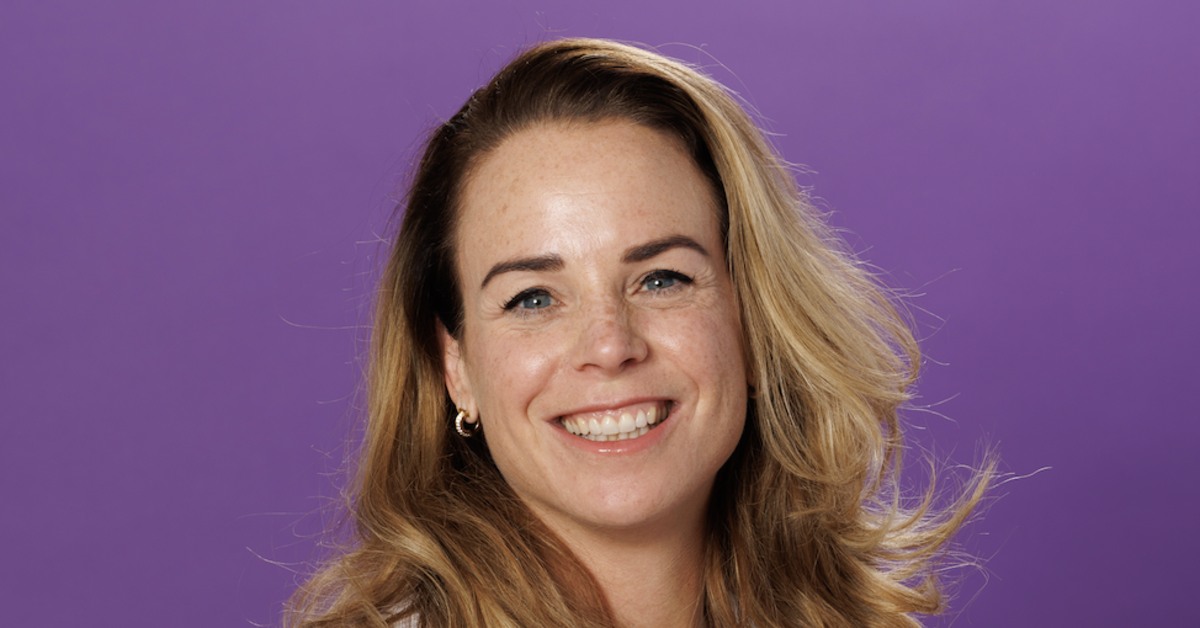
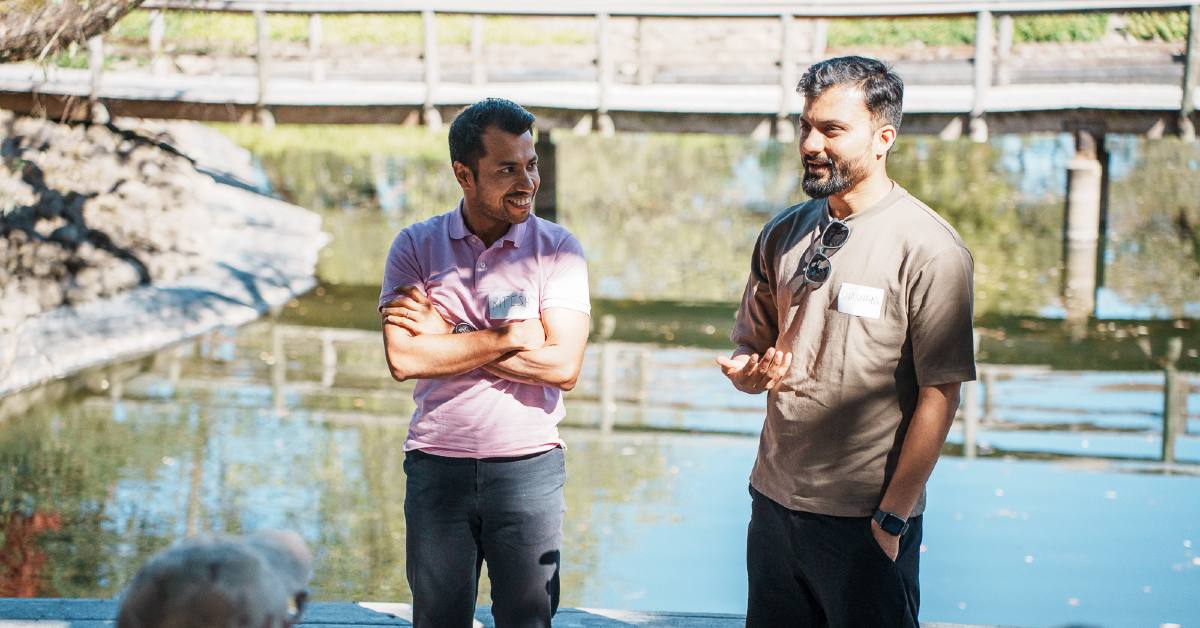
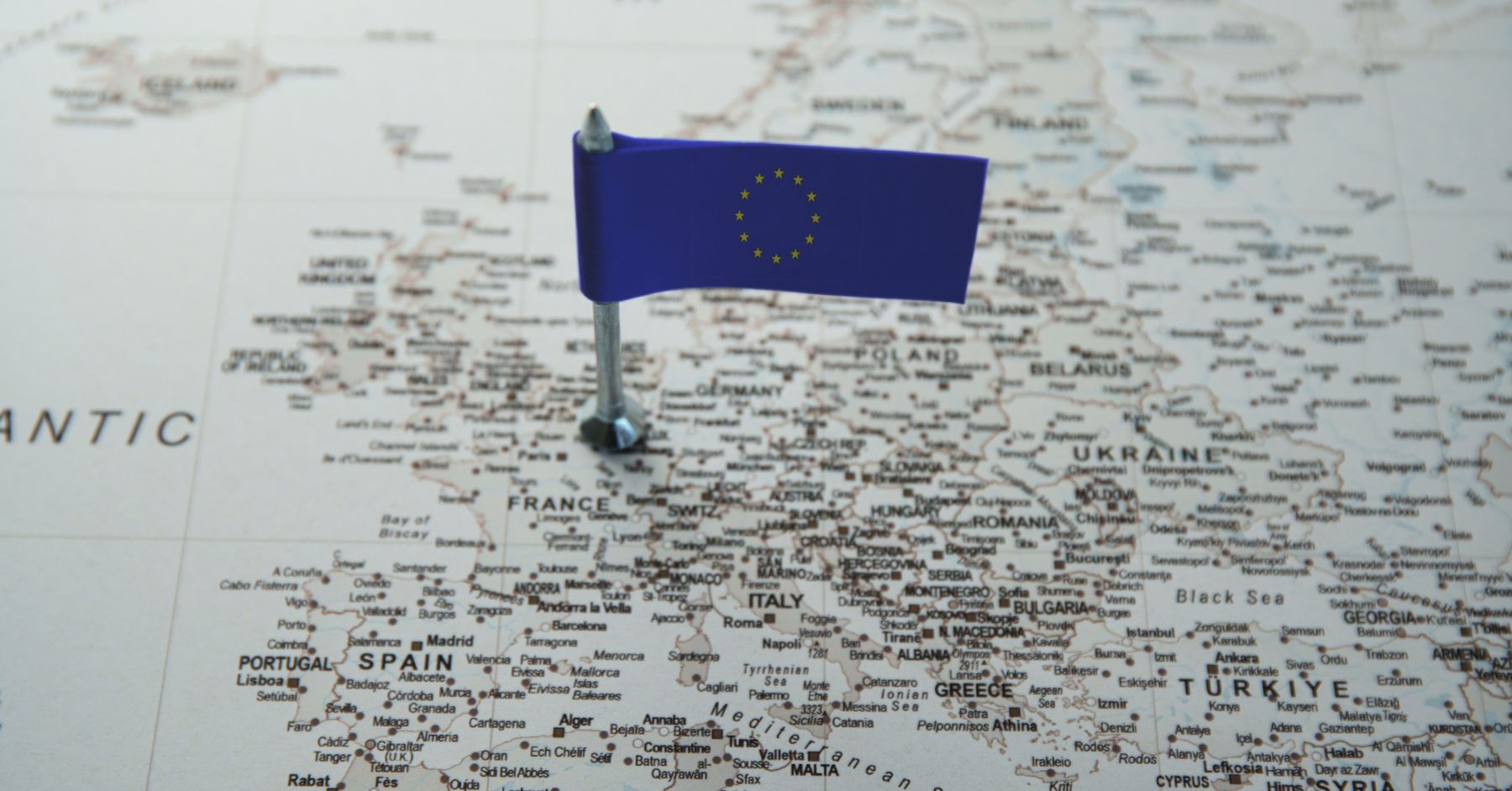

01
From telecom veteran to Dutch Startup Visa success: The Jignesh Dave story